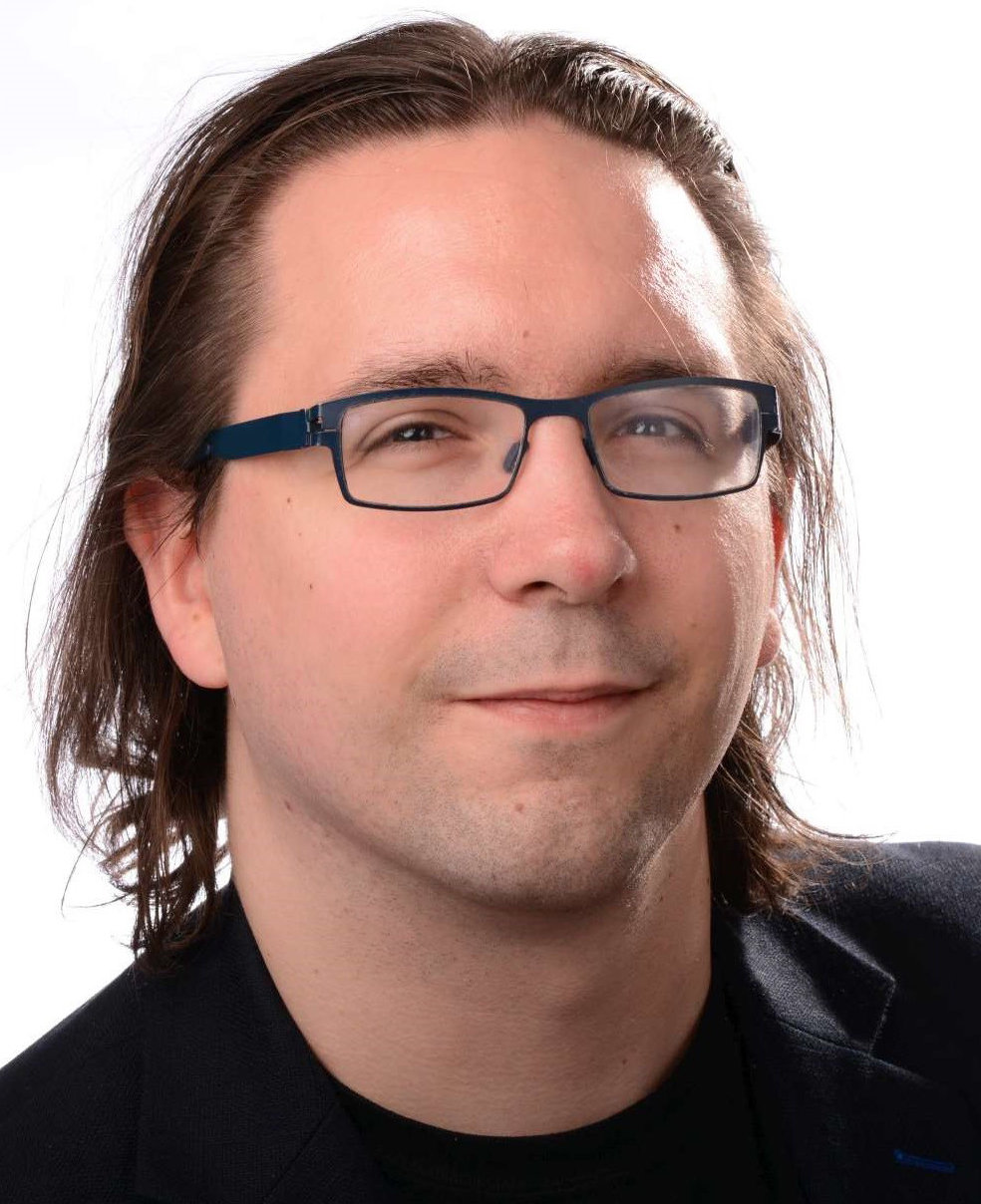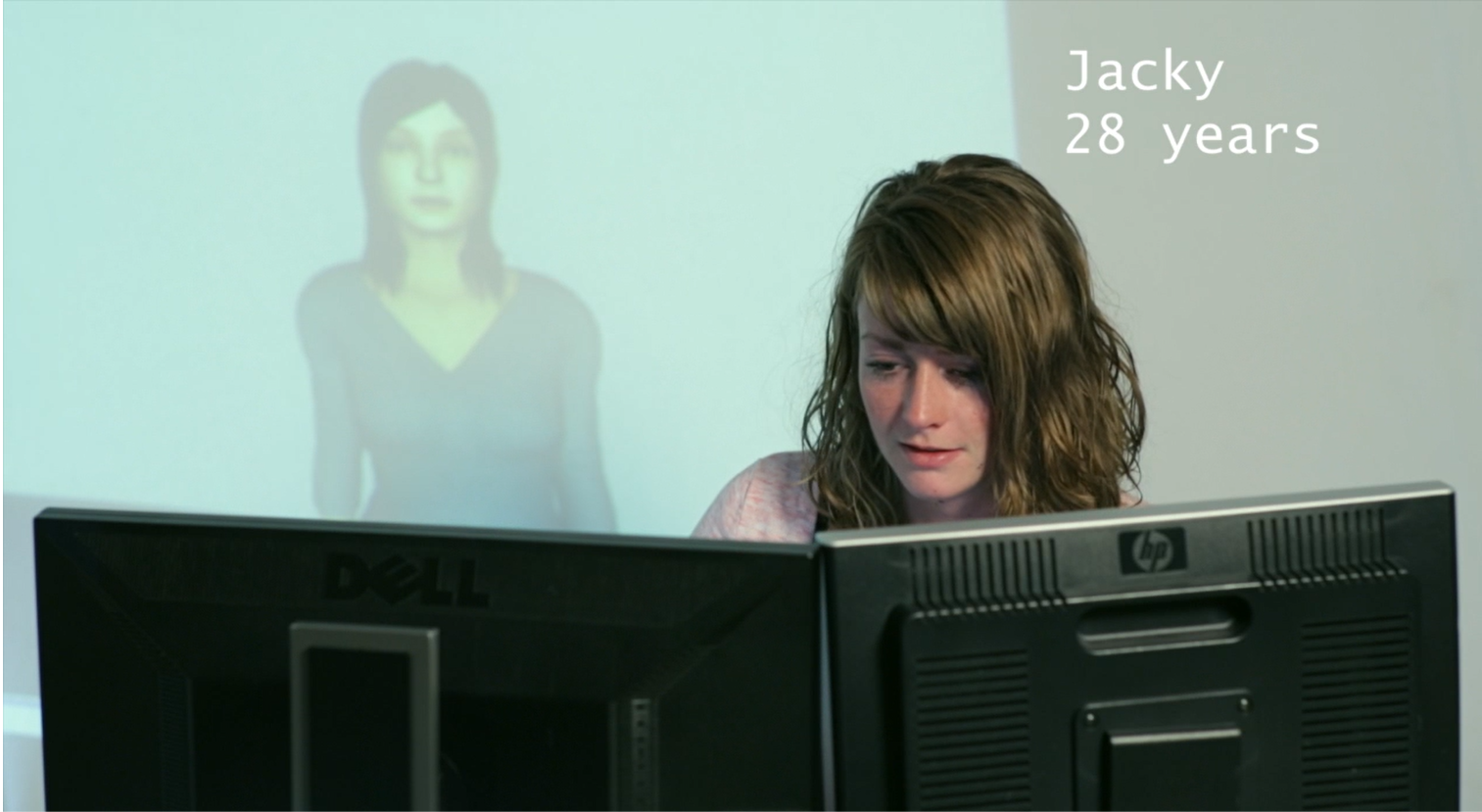Even before the sugar has dissolved in your morning coffee, you’ve been busy reading and writing – reading the news, replying to WhatsApp messages and sending emails. But what if that is something you find difficult? It might be hard to imagine, but there are still 1.3 million people in the Netherlands who have poor literacy skills. With this fact in mind, and the desire to make the world a little bit better, Dylan Schouten decided to take part in the VESSEL project.
Let’s get straight down to business: who are you and what do you do?
My name is Dylan Schouten and I did a PhD in the Interactive Intelligence department. I have always been fascinated by the interaction between man and technology. After my Master’s degree, I stumbled upon a project that was given the mysterious name VESSEL: Virtual Environment to Support the Societal participation Education of Low-literates. Right away I wanted to know more! In my work I have always found social engagement important, and that is a very strong feature of this project.
VESSEL is a digital aid made up of two parts: a virtual coach and an online environment where you can work on assignments. We tried to make the online environment as true to life as possible, so that participants could practice things like internet banking. We also created a virtual coach to assist people with poor literacy skills with their assignments, to provide motivation or just be around for a relaxing chat. To begin with we used the therapy software developed by Willem-Paul Brinkman. That software provided a good starting point for designing the coach and as the project progressed we developed our own software specially for VESSEL.
Can you say a little more about who VESSEL is meant for?
In the Netherlands we tend to assume that everyone knows how and where to get information. But that doesn’t apply to people with poor literacy skills – a large group of people who have difficulty reading, writing, speaking and/or listening. They can have difficulty with such things as internet banking or making a doctor’s appointment. So people with poor literacy skills find it harder to participate in society and this can lead to loneliness or health problems, for example.
It was a very interesting group to work with. People often think that people with poor literacy skills have difficulty using technology. However, this is not at all the case in practice. Unfortunately, online environments are often based on reading and writing skills, which puts off the group we are targeting. So our challenge was to find an aid that provided what people really wanted and that they found pleasant to use.
Poor literacy is a taboo. People with poor literacy skills are often ashamed of it, so how did you manage to contact the people you are so keen to help with VESSEL?
We did find that very difficult in the beginning, as this group can be quite invisible if they want to be. Eventually we got in touch with Stichting ABC. This is an organisation that helps people with poor literacy skills by offering training and language lessons, for example, or by arranging meetings. They put us in touch with a number of teachers of language classes. Once the teacher had introduced me to everyone, a whole new world opened up to me. Everyone was really keen to help. Their stories, experiences and suggestions were a vital addition to VESSEL. Without them, the project would never have got off the ground, so we are hugely grateful to all the participants.
Is this wonderful collaboration something that makes VESSEL unique?
Sometimes people think that people with poor literacy skills have difficulty expressing themselves, so they decide what the best solution is for their problems. Of course they do this with the best of intentions, but it seldom works out well. What really does pay off is asking people with poor literacy skills about their own experiences; they can talk well about them, and if you take the time to listen you get new insights and see solutions you would never have thought of yourself. This is why we got people who have difficulty reading and writing involved right from the start of the development process. We didn’t want to impose a top-down solution, but instead said: “We really want to find a solution together, but we don’t know exactly how you experience things. Can you help us?”
What did you like most about this project?
To tell the truth I liked a lot of things. In any case it left me feeling really good and satisfied. My advice to graduating students within EEMCS would be: “Make an effort to look for projects where you can work with people. It is so interesting, meaningful and satisfying to be part of a project that helps people. Because you’ll find you’ve developed something that really improves someone’s quality of life.”

